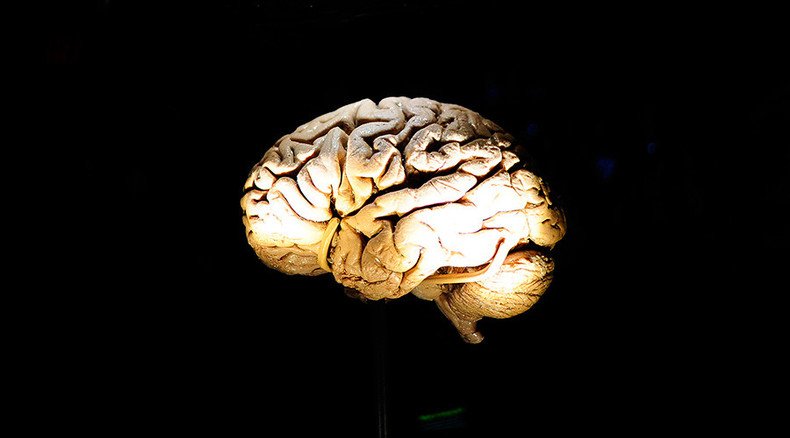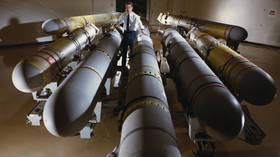Russian scientists create artificial brain that can educate itself

In a step closer to developing artificial intellect, Russian scientists have created a physical model of a brain that is able to educate itself.
An international team of scientists at a laboratory in Tomsk State University in western Siberia have created a device that could be an artificial carrier of a natural mind, able to learn and react to the environment, according to a press release, published by the university on Monday.
READ MORE: ‘Super-smart mice’ might help cure Alzheimer’s and schizophrenia – study
Russian scientists have teamed up with their colleagues from Germany, Bulgaria, Ukraine, Belarus and Kazakhstan to tackle a problem which has bothered researchers for decades: the process apparently requires the copying of 100 million brain neurons and one trillion of their connections. The main system of a robotic complex is currently being developed as an intellectual control center.
“First, we built mathematic and computer models of the human brain,” head of the laboratory Vladimir Syryamkin said in the press release. “Afterwards an electronic device with perceptrons was constructed. It is capable of processing diverse information (video, sound, etc.).”
READ MORE: Single injection can erase memories associated with meth use, scientists claim
The physical prototype can accumulate life experience it gains from various external stimuli, for example by turning away from a source of light or moving away from it. In the case of success, the artificial mind is able memorize it and use it in similar situations.
“In the end, an artificial brain could become an analogue of the biological model,” main developer Vladimir Shumilov said. “We’ve got colossal scale of work in front of us, but one major step is already done – we have managed to crack a mystery of brain neural system.”
Scientists wirelessly control mice with brain implant (VIDEO) http://t.co/Lmq057J805pic.twitter.com/uAs6dFxXVs
— RT (@RT_com) July 29, 2015“The creation of new neuron nets and degeneration of the already existing ones takes place in our physical model, as in the human brain. It is the process of forgetting in humans,” Shumilov added.
READ MORE: Hair brain scheme! Scientists use hair follicles to create nerve repairing cells
In the future, the project will be overseen by biologists and psychologists, but its major appliance is seen in the field of healthcare. The artificial brain could be used to make models of pathological state of various dementias, such as Alzheimer’s disease and Parkinson’s disease, and choose methods of drug correction.
Another field of the future use is robotic systems and neurocomputers.












